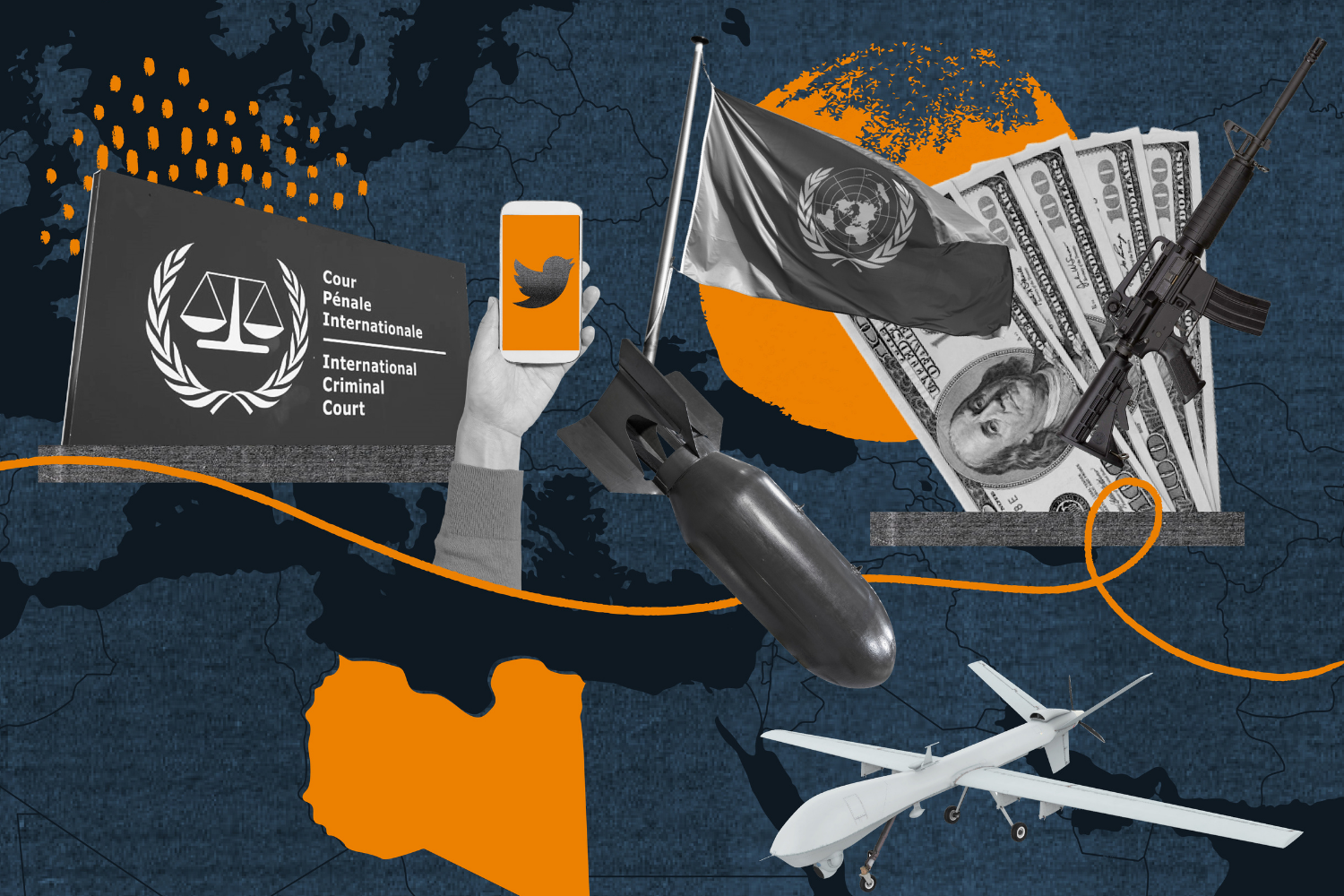
Italian anarchist on prison hunger strike
Supporters are warning that Italian anarchist militant Alfredo Cospito is in danger of dying in prison after more than a month on hunger strike. Cospito, being held at Bancali prison in Sardinia, began his hunger strike in October to protest the inhumane conditions he faces under Article 41-bis of the Italian legal code, with harsh restrictions on his mobility and communication with loved ones, and no prospects for a review of his life sentence. The European Court of Human Rights in 2019 ruled that Article 41-bis, designed for terrorist and Mafia-related cases, violates the European Convention on Human Rights. Cospito is charged in a 2012 attack on a nuclear industry executive in Genoa. (Photo: Dinamo Press)

























